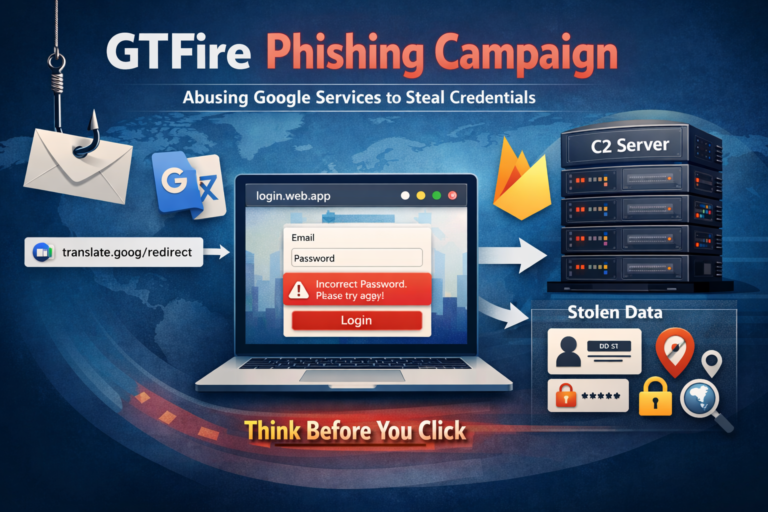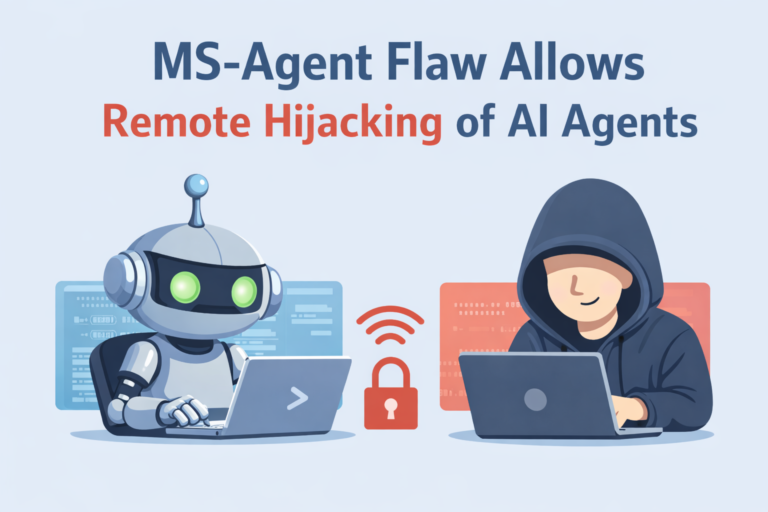
Hackers posed as ESET to spread wiper malware via phishing emails starting October 8, 2024. The emails, claiming to be from “ESET’s Advanced Threat Defense Team,” warned of state-sponsored attacks and provided a fake download link for a tool called “ESET Unleashed.”
All about Wiper Malware
Clicking the link directed victims to a ZIP file hosted on ESET Israel’s legitimate domain. The archive included legitimate ESET DLL files along with a malicious Setup.exe, which was identified as wiper malware.
According to a DoublePulsar report, security researcher Kevin Beaumont found that the wiper malware required a physical PC to activate and used evasion techniques.
The malware was linked to a legitimate Israeli news website to avoid detection. ESET confirmed the incident impacted their Israeli partner, Comsecure, but stressed that their systems were not compromised, and the malicious campaign was blocked within 10 minutes.
The attack focused on cybersecurity personnel in Israeli organizations, suggesting a strategic effort to weaken the country’s digital defenses. The tactics used in this operation resemble those employed by pro-Palestinian groups, such as Handala, which have been linked to advanced attacks against Israeli targets in the past.
This incident highlights the critical need for vigilance in verifying the authenticity of security-related communications. Even messages that appear to come from reputable sources, like established cybersecurity firms, can be misleading.
Organizations must implement robust verification processes to ensure that they are not falling victim to sophisticated phishing attempts designed to compromise their defenses and access sensitive information. The evolving threat landscape underscores the necessity for continuous training and awareness among cybersecurity professionals to recognize potential threats and take appropriate action.




